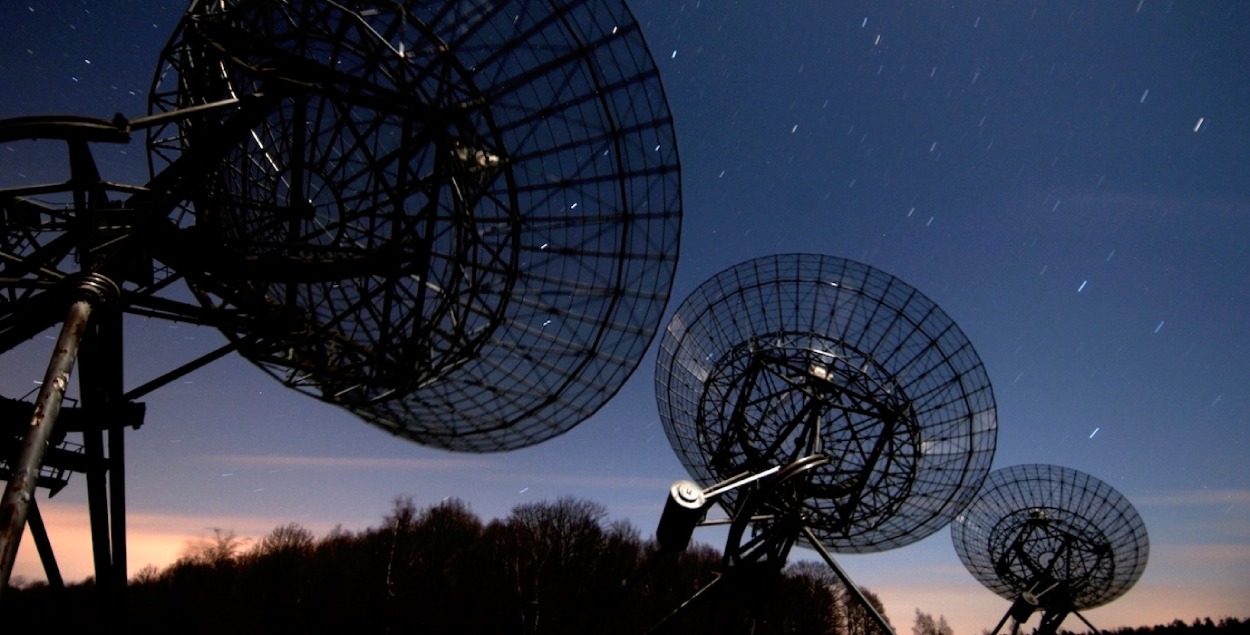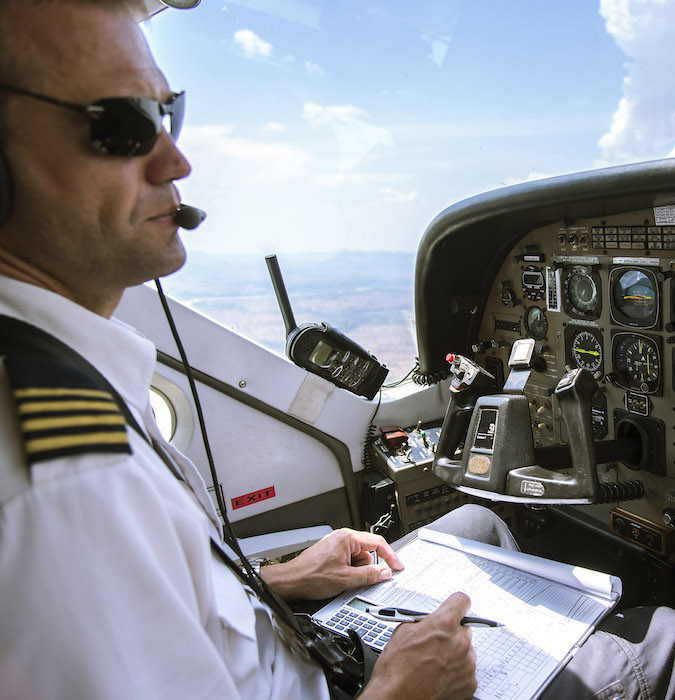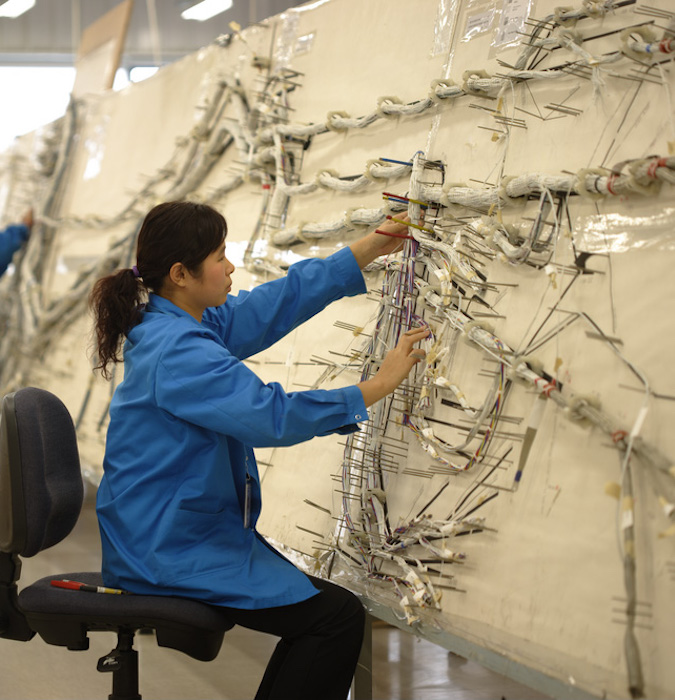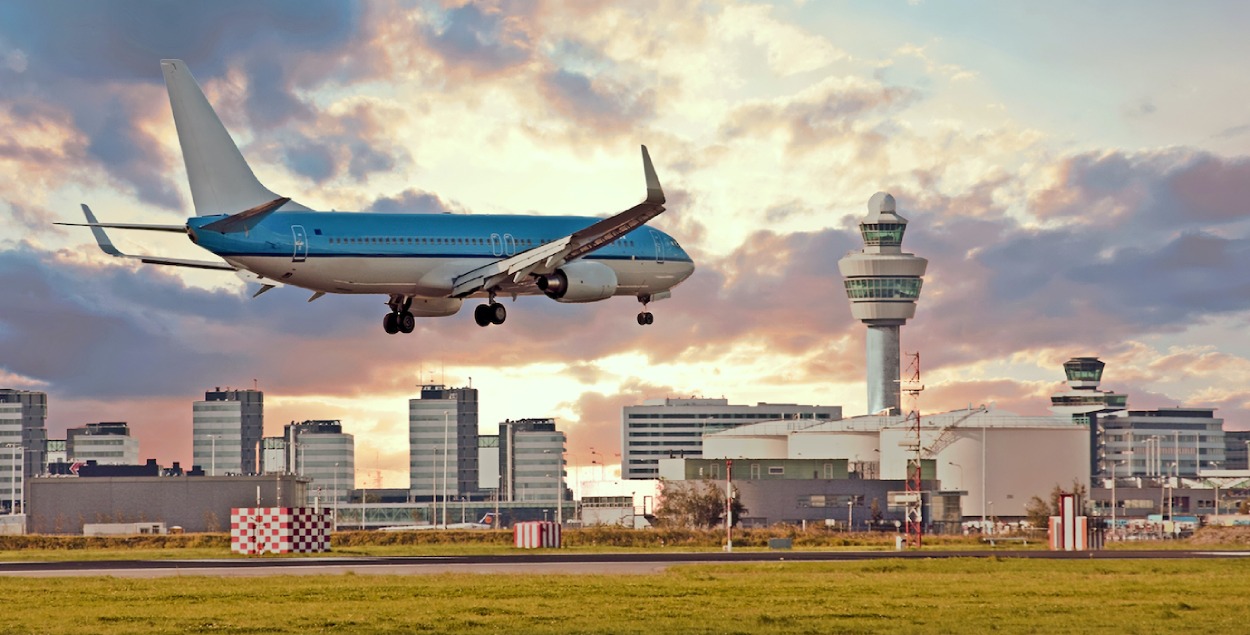Aerospace
Quickly go to
- Our history
- To infinity and beyond
- Research organisations & universities
- Find opportunities that reach to the stars

Our history
We’ve been looking towards the stars since the early 17th century. Christiaan Huygens, one of the Netherlands’ most well known astronomers, shows us the tenacity and love for science and facts that are true to Dutch culture. He discovered Titan, the largest moon in our solar system, further developed the telescope, and spoke of life on other planets. Talk about being ahead of his time. The first time anyone mapped the solar system was in 1781 in Franeker (located in the very North of the Netherlands). Eise Eisinga created a map with such detail, that it is still completely accurate to this day.
From the discovery of space to taking flight within our atmosphere. We might not have Boeing fame, but Fokker is a plane builder that has impacted history time and time again. Founded in 1919 in Drenthe, this company produced the engine that took the first plane over the Pacific in 1928, and built many fighter jets throughout the 20th century.


To infinity and beyond
Us Dutch love going the extra mile, especially when it comes to travel. The further away, the better, which might explain why we love outer space so much. With our passion for collaboration, entrepreneurial spirit, and pragmatism, we are the right people to bring with you into the great unknown, and we know it - that’s why we have such a strong focus on providing services and research for all things space-related. The Royal Netherlands Aerospace Centre focuses on creating transport that is safe, sustainable, and efficient. The NL Space organisation brings together institutes, businesses and universities to tackle everything from climate change to energy - with a focus on space-tech. There are also loads of collaborations going on with the European Space Agency (ESA) and NASA, giving them new ideas and aiding them in research. ESA has sites all over Europe, but the largest can be found in Noordwijk: the European Space Research and Technology Centre (ESTEC).

Research organisations & universities
We’ve also got SRON- the Netherlands Institute for Space Research- based on the Zernike Campus in Groningen. Furthering the outreach into space even more is ASTRON, an organisation located in Dwingeloo in Drenthe which is responsible for some of the most advanced and powerful telescope arrays in the world. SRON and ASTRON often work together, finding and evaluating information from the skies above.
All of these research organisations work closely together with our leading universities. The TU Delft, a renowned university focused on all things tech, has a Space Institute. Its goal is to bundle and create expertise about Space and impact research, education and valorisation on a global scale. With specialisations in space robotics and distributed space systems, the TU Delft contributes to ground-breaking solutions that will lift space travel to another level.
However, the TU isn’t the only university diving into space-matter. The University of Groningen has been researching space since 1883. Over 100 years of experience in the subject matter has made its current BSc in Astronomy is one of the top-rated courses in the Netherlands, whilst the 2-year MSc in Astronomy (also one of the top-rated courses in the Netherlands) provides a steady supply of talent for the space sector.
The stars never seemed easier to reach!
Find opportunities that reach to the stars
- Meet up